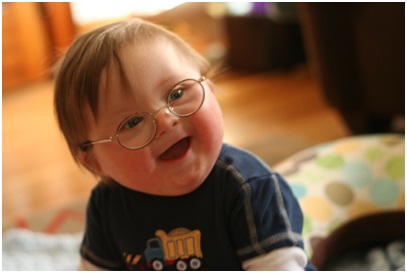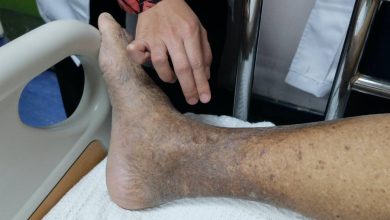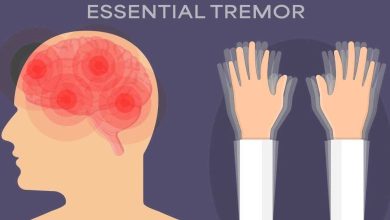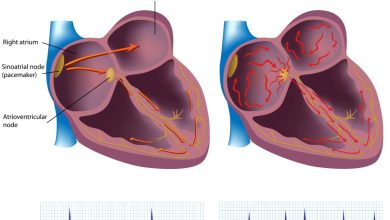Down Syndrome Causes, Symptoms, Diagnosis and Treatment

What Is Down Syndrome?
Down syndrome is a genetic disorder caused when abnormal cell division results in extra genetic material from chromosome 21.
Those suffering from Down syndrome have 47, instead of 46 chromosomes.
Causes Of Down Syndrome:
There are three genetic variations which are known to cause Down syndrome.
- Trisomy 21
Caused by abnormal cell division during the development of the sperm or egg cell, the child has three copies of chromosome 21 (instead of the usual two copies) in all cells.
- Mosiac Down syndrome
Caused by abnormal cell division after fertilization, in this rare form of Down syndrome, children have some cells with an extra copy of chromosome 21.
- Translocation Down syndrome
This occurs when part of chromosome 21 attaches itself to another chromosome before conception.
The following factors increase the risk of developing Down syndrome:
- Advancing maternal age
- Having had a child with Down syndrome
- Being carriers of genetic translocation for Down syndrome
Symptoms Of Down Syndrome:
Some common symptoms exhibited by those suffering from Down syndrome include:
- Flattened facial features
- Small head
- Short neck
- Protruding tongue
- Upward slanting eyes, unusual for the child’s ethnic group
- Unusually shaped or small ears
- Poor muscle tone
- Broad, short hands with a single crease in the palm
- Relatively short fingers and small hands and feet
- Excessive flexibility
- Tiny white spots on the colored part (iris) of the eye called Brushfield spots
- Short height
- Mental impairment
- Umbilical hernia
- Intellectual disabilities
- Cataracts
- Glaucoma
Diagnosis Of Down Syndrome:
The following tests are used to diagnose Down syndrome:
- Screening test indicates likelihood of carrying a baby with Down syndrome
- Diagnostic test identify whether the baby has Down syndrome
- Blood tests
- Ultrasound
- Cell free fetal DNA analysis
Treatment Of Down Syndrome:
The only treatment available for Down syndrome is team care.
One needs to rely on a team of specialists which include the following:
- Primary care pediatrician to coordinate and provide routine childhood care
- Pediatric cardiologist
- Pediatric gastroenterologist
- Pediatric endocrinologist
- Developmental pediatrician
- Pediatric neurologist
- Pediatric ear, nose and throat (ENT) specialist
- Pediatric eye doctor (ophthalmologist)
- Audiologist
- Physical therapist
- Speech pathologist
- Occupational therapist
By : Natural Health News




